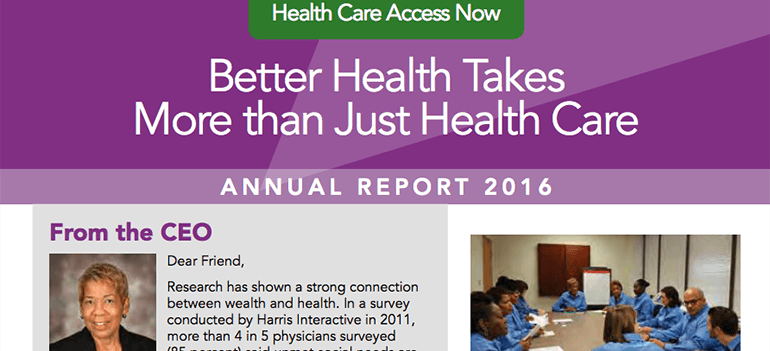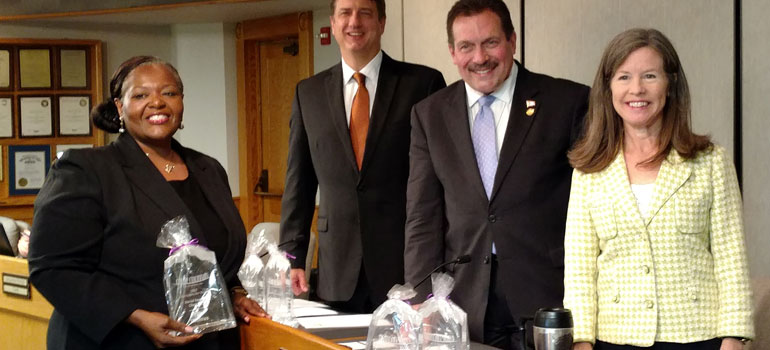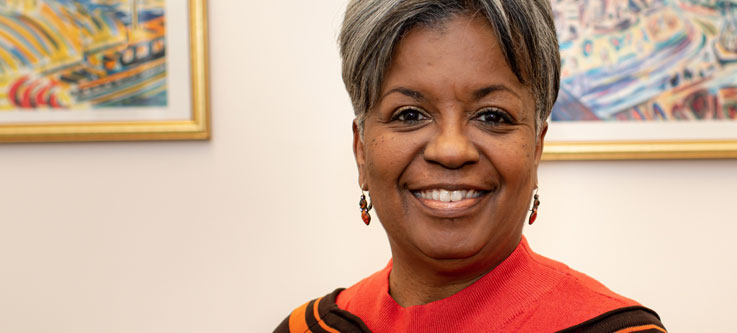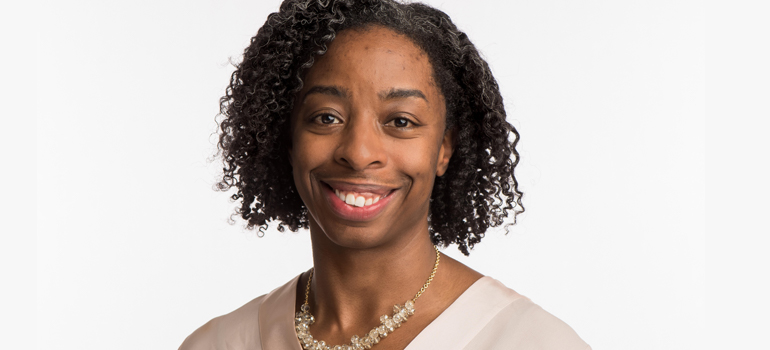Dr. Robert Collins: HCAN board visionary
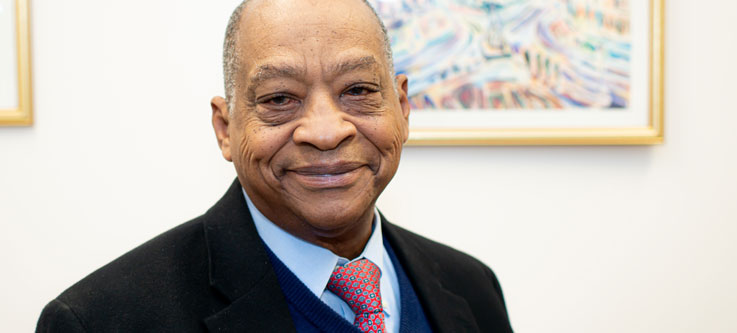
Dr. Robert Collins spent much of his career in private practice. He moved into administrative work as the Executive Medical Director of Bethesda North and the now-closed Bethesda Oak. While at that position, he became aware of Health Care Access Now through a colleague who was a board member at the time.
Nine years ago, he joined the HCAN board, too. And now, he is retired and divides his time between his work as the president of the HCAN board of trustees and his farm. “I’ve struck nirvana,” he says.
Community health and a broken system
Dr. Collins believes that HCAN’s work is essential because “the country is doing [healthcare] all wrong. I’ve struggled with it much of my life. The problem is that medicine is primarily a socialistic endeavor – but we’re trying to make it work in a capitalistic society, so it gets distorted.”
He continues: “We’re trying to adapt a system that treats healthcare as a privilege as opposed to a right. Everyone does not have equal access to the system. America is finally waking up and understanding that racism and economic inequalities are built into the system like toxins being dumped into a lake. What HCAN does is an attempt to take the poisons out of the ground water.”
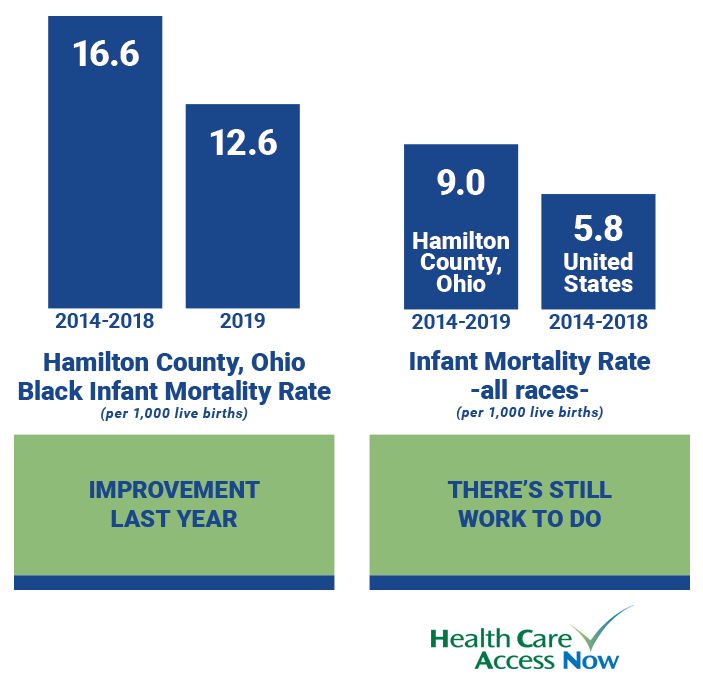
Dr. Collins says that HCAN is working to make it easier for people to access the healthcare system. “Our role is identifying, clarifying, and patching up the holes in our healthcare safety net. We’re moving the paradigm for health care, too. HCAN’s greatest contribution is addressing the social determinants of health, not just the interaction between hospital, patient, and doctor.”
Working on many levels
HCAN works on many levels, starting with the individual, Dr. Collins says. He gives the examples of diabetics without access to insulin that HCAN has helped, the reduction in hospitalizations that HCAN’s efforts have brought about, and the decline in infant mortality rates that have come from the collaborative effort between Cradle Cincinnati and HCAN.
“We also run the HUB for this area,” he says. This brings together organizations around the same goal of improved community health. “And we run a community health work education center, which certifies new Community Health Workers [CHWs].” On top of that, “We have been instrumental in interacting with the city and state governments to promote policies that will help underserved populations.”
A life well lived
In looking back on his professional accomplishments, Dr. Collins says he’s most proud of the times he’s been able to save lives, such as “patients [he] got through difficult surgeries.”
He also has been honored and recognized for his good work, starting back when he was “the first Black person elected to a university-wide office in student government” as Vice President of the student body of the University of Cincinnati, in 1969. “I was also very proud to have been selected to be the Chief Medical Officer and Senior Vice President of Trihealth,” his last job before retirement. And, in 2018, he was the recipient of the Cincinnati Business Courier’s Healthcare Hero Lifetime Achievement Award.
Now, Dr. Collins finds the work he does with HCAN to be meaningful. “I’m helping [HCAN] get through a difficult time for non-profits – especially with the issues that have come along with COVID-19.” He believes “the highest reward in life comes from helping others.”
Dedication and sacrifice
Dr. Collins has a particular appreciation for the CHWs at HCAN, and of the commitment they have shown during the pandemic. “One of HCAN’s challenges is making sure that everyone they employ makes a living wage. [CHWs] come from the community they serve, and many of them have been doing the work [they do as CHWs] unofficially – and unpaid – for much of their lives. These are the people who live down the street who voluntarily run errands to the elderly, doing the neighborly thing.”
HCAN is special because “there is so much synergy there. Every one of our CHWs, everyone in senior leadership, all of the employees: They are dedicated to helping others and make great sacrifices to do that. Helping them to become the best they can be is something that brings me great joy. Seeing the dedication makes me want to do everything possible to strengthen this organization and help it meet its mission.”

